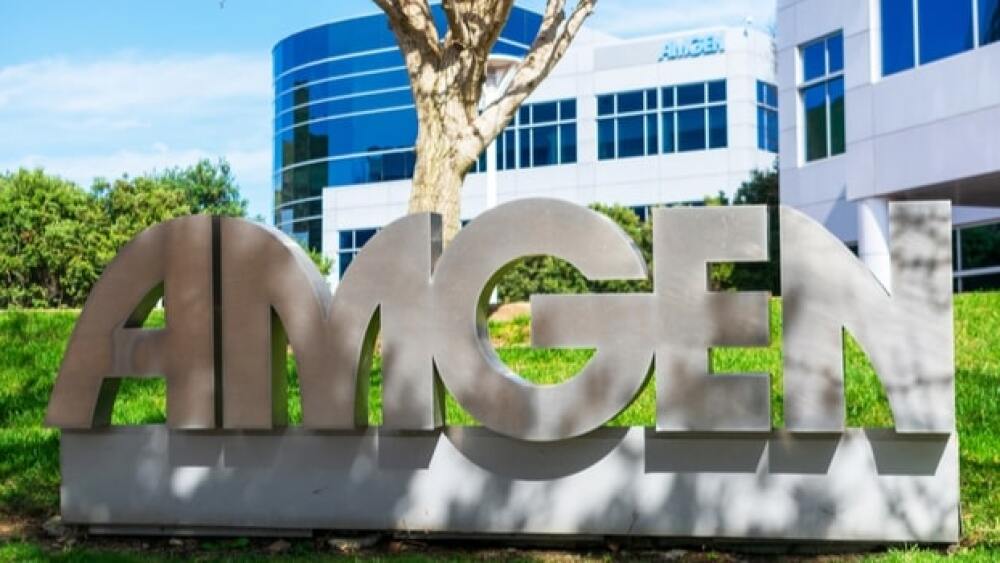The two companies will work together to use dendritic cells to develop immune tolerance.
Michael Vi/Shutterstock
Amgen is partnering with Ann Arbor, Michigan-based EVOQ Therapeutics for a license and collaboration deal to discover and develop drugs for autoimmune disorders. Amgen is paying EVOQ $240 million up front in addition to royalties on subsequent sales.
EVOQ’s focus is on autoimmune diseases, although its original intent was targeting oncology. It is a spinoff from the University of Michigan (U of M) in 2016. It was co-founded by James Moon and Anna Schwendeman, both from U of M. Moon is the chief scientific officer and Schwendeman is the vice president of preclinical development. William Brinkerhoff is also a co-founder and acts as the chief executive officer. Their technology platform is called NanoDisc, a high-density lipoprotein platform, that they believe can be used to deliver peptides directly into the lymph nodes.
The two companies will work together to use dendritic cells to develop immune tolerance. The company’s in-house pipeline includes two compounds that target MOG antibody disease, a new condition that results in neuro-spinal swelling and is typically misdiagnosed as multiple sclerosis (MS), and type 1 diabetes.
A big driver of Amgen’s autoimmune portfolio is Otezla (apremilast). Amgen acquired Otezla for moderate-to-severe plaque psoriasis and psoriatic arthritis in November 2019 from Celgene. Bristol Myers Squibb acquired Celgene, but was forced by the U.S. Securities and Exchange Commission (SEC) to divest Otezla because of a competing product in their pipeline, deucravacitinib (BMS-986165). In fact, in November 2020, deucravacitinib beat out Otezla in the POETYK PSO-1 Phase III clinical trial in one of the key secondary endpoints. The drug otherwise hit the co-primary endpoints on psoriasis.
Amgen paid $13.4 billion in cash for access to Otezla, which is approved in the U.S. for moderate-to-severe plaque psoriasis patients who are candidates for phototherapy or systemic therapy; adults with active psoriatic arthritis; and adults with oral ulcers associated with Behcet’s disease. The drug is approved in more than 50 markets outside the U.S. and has patent protection through at least 2028 in the U.S. In 2018, Otezla sales were $1.6 billion.
In other news, Amgen announced new data from its oncology pipeline in lung cancer will be presented at the 2020 World Conference on Lung Cancer (WCLC) from January 28-31, 2021. That will include Phase II data from the CodeBreaK 100 clinical trial of sotorasib in KRAS G12C-mutated advanced non-small cell lung cancer (NSCLC). They will also describe updated Phase I data from AMG 757, a first-in-class BiTE molecule that targets delta-like ligand 3 (DLL3) in small cell lung cancer (SCLC).
“We are incredibly excited to present the first complete Phase II non-small cell lung cancer data set for an investigational KRAS G12C inhibitor, including novel biomarker analyses,” said David M. Reese, executive vice president of Research and Development at Amgen. “This is an historic moment not only for us, but for the scientific community working on the 40-year quest to target KRAS, one of cancer research’s toughest challenges. Additionally, following recent regulatory submissions to the FDA and European Medicines Agency, we remain focused on rapidly bringing this potential foundational KRAS G12C therapy to patients with advanced non-small cell lung cancer harboring this mutation.”
Featured Jobs on BioSpace





